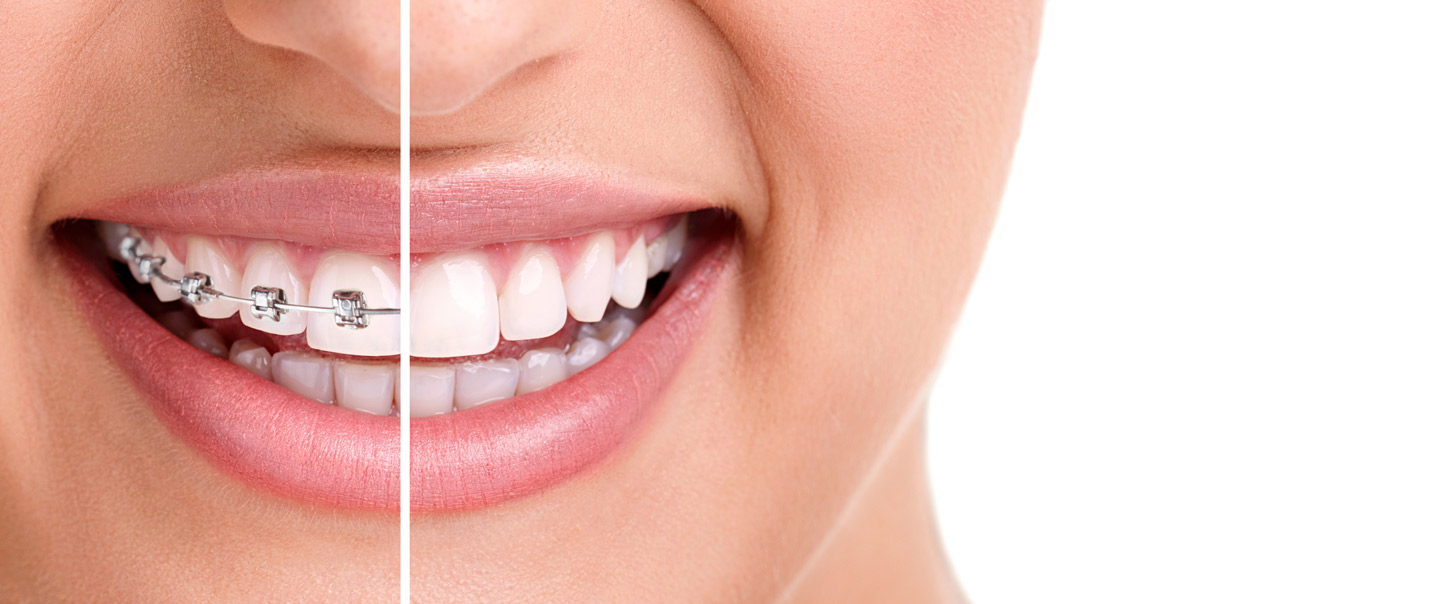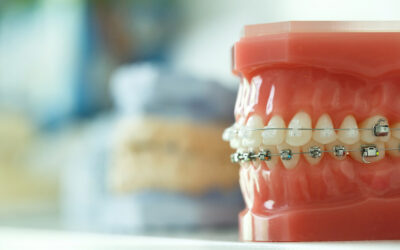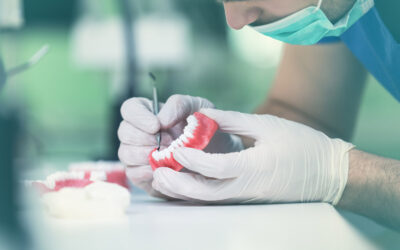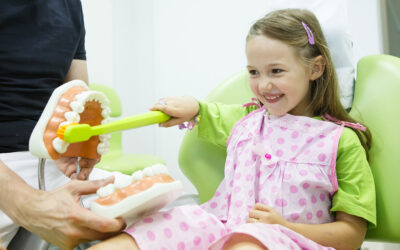What to Do if Your Dental Braces Break: A Step-by-Step Guide

Common Causes of Broken Braces
- Eating hard, sticky, or crunchy foods
- Trauma to the face or mouth
- Chewing on non-food objects (pens, nails, etc.)
- Poor oral habits like teeth grinding
- Normal wear and tear over time
Types of Braces Damage and How to Handle Them
1. Loose Bracket
A bracket is the small metal or ceramic piece bonded to your tooth. If it becomes loose but remains attached to the wire:
- Avoid touching or playing with it.
- Use orthodontic wax to cover sharp edges if it causes irritation.
- Call your orthodontist to schedule a repair appointment.
If the bracket completely detaches:
- Save the bracket and bring it to your appointment.
- Avoid eating hard or sticky foods that may worsen the issue.
2. Poking or Broken Wire
A broken wire can be sharp and irritating to your cheeks, tongue, or gums.
- Use orthodontic wax to cover the sharp end.
- If the wire is long and poking out, try using a clean pair of nail clippers to snip the excess wire carefully.
- Push the wire back into place using the eraser end of a pencil.
- Contact your orthodontist for further assistance.
3. Loose or Lost Elastic Bands
Elastics are essential for moving your teeth into the correct position.
- If a band falls off, call your orthodontist to see if it needs immediate replacement.
- Avoid trying to put it back yourself, as it may not be positioned correctly.
4. Dislodged Spacer or Separator
Spacers are small rubber rings placed between your teeth before getting braces or bands.
- If a spacer falls out, call your orthodontist.
- Do not try to replace it yourself.
5. Broken Retainer
If your retainer breaks, it may affect your progress.
- Stop wearing it immediately to avoid injury.
- Store it in a protective case and bring it to your orthodontist.
Immediate First Aid for Braces Emergencies
- Rinse your mouth with warm salt water to reduce irritation and prevent infection.
- Apply orthodontic wax to cover sharp or irritating components.
- Take over-the-counter pain relievers if you experience discomfort.
- Avoid foods that may aggravate the damage, such as hard candies, gum, or crunchy snacks.
When to Call Your Orthodontist
While minor issues can be managed at home temporarily, you should contact your orthodontist if:
- A bracket or wire is completely detached.
- A broken wire is causing significant pain or bleeding.
- You experience swelling, severe pain, or signs of infection.
- A retainer is broken or lost.
Preventing Braces Damage
To avoid future breakage:
- Follow your orthodontist’s dietary guidelines.
- Avoid habits that may stress your braces, such as biting nails or chewing on pens.
- Wear a mouthguard if playing sports.
- Maintain good oral hygiene to prevent plaque buildup and weakening of adhesive bonds.
Final Thoughts
Braces are a long-term investment in your dental health, and taking proper care of them is essential for a successful treatment. If your braces break, staying calm and following these steps can help minimize discomfort and ensure a smooth repair process. Always consult your orthodontist for any issues to keep your treatment on track and achieve the best results.



